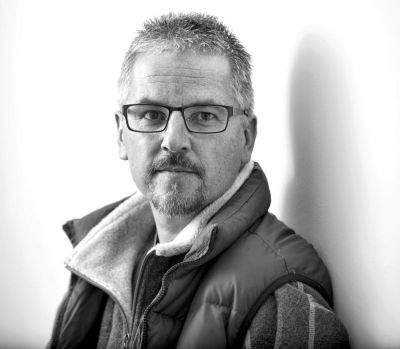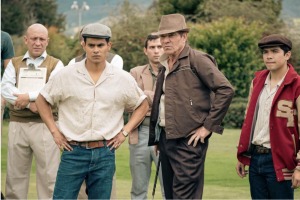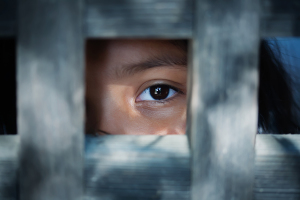Washington Isn't the Answer to Peace
Peace isn't easy, especially in today's world. With the recent attacks in Manchester, Kabul, London and Baghdad, we can quickly become disheartened and think that there is nothing we can do. It becomes easy to become cynical and withdraw from one another. We have forgotten our fundamentals that lead to peace, a peace that surpasses all understanding.

We have lost sight of the God-given common humanity that connects us. We have chosen to focus on our differences rather than the things that unite us, and the consequences are devastating. We have chosen confrontation and contempt over compassion. We are leaning toward separation rather than unity. We have opted for outrage over understanding and it is tearing apart the moral fabric of our society.
In basketball, if you take a group of relatively unskilled players and drill them on the fundamentals — dribbling, running, passing and shooting — eventually you can field a competitive team. They may not win, but they can hold their own because they are focused on the foundation that will lead to success.
The same is true of our society. If we focus on the fundamentals of communication, respect, and engagement, we can field a winning team. But too often, our default is contempt, derision and spin. We will encounter challenges, no doubt. But we can face them more effectively if we face them together.
How do I know this? Over the past several years, I have driven 40,000 miles across the country trying to rediscover our connection and common ground. In a particularly polarized climate, I have asked people from diverse perspectives to answer the simple question, "What does peace mean to you?" in an effort to find that thread that unites us.
I've met people like Hashim Garrett, who was picked on as a child in Brooklyn. He was afraid. Eventually he thought if he befriended his tormentors, they might leave him alone, but this started him down a difficult path. These new friends and he started skipping school. They started stealing from area stores and eventually, they started hurting people. When he was 15 years old, Hashim was shot and paralyzed from the waist down. It was when he was laying on the ground, unable to move, that he realized the consequences of the decisions he had made. He now says, "I want to love those who have not shown me love. I want to be kind to those who may not deserve my kindness."
I met Penina Bowman, from Atlanta, who survived the hell of Auschwitz, although her parents and 42 other relatives did not. She said that she stayed together with her two sisters and when one was down, the others would encourage. That support, and her faith got her through. She said, "Interestingly, I did not develop a hate. I don't hate anybody. Hate is a powerful thing and it destroys yourself rather than other people."
And I met Angela Bates, who runs a historical center in Nicodemus, Kansas. Nicodemus was settled by freed slaves after the Civil War. There used to be plenty of towns like that west of the Mississippi, but as far as I know, Nicodemus is the only one that remains. Only 16 residents remained when I visited Nicodemus, all direct descendants of the original settlers, farming wheat and milo on the Kansas prairie. Angela said, "We're living in a land that has not processed the effects of slavery. We tend to forget that we have been terrorists in our own land against our own people." Yet, she adds, "I have a choice. How am I going to react to the world around me?"
Each individual made small and big choices to heal and bring peace to their own world. We all have that choice. Every day. We live in a world that is filled with challenges and it's important that we face those challenges honestly and directly. But it's also important that we approach those challenges with hope, grace, and the belief that something better is possible.
What I have discovered is that our fundamentals are strong. All across America, I have found good people who are working to develop relationships and build communities. You wouldn't know it by reading the newspaper or watching the news out of Washington. The good that surrounds us every day gets drowned out by the angry voices of political life.
Americans, it is our job to refocus on the basics and make our team strong. Ours. We must resist the temptation to divide and instead seek out ways to connect. Our leaders in Washington can't do it for us. And they won't. With God's help, each and every one of us needs to practice our rudiments of democracy and decency every day if we want our society to thrive.
We need to return to putting empathy and compassion first. We need to believe that there is good in those around us, because we're all in this together.




























